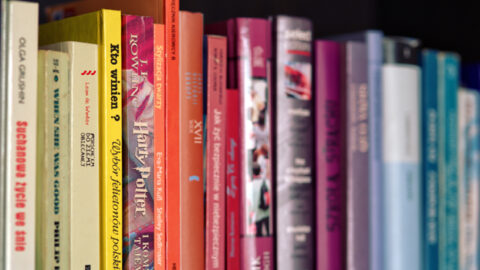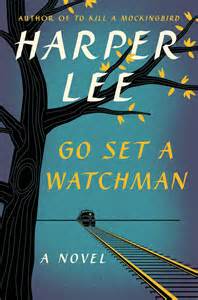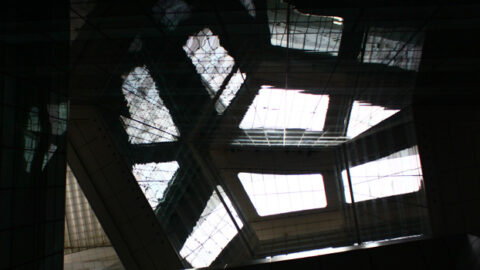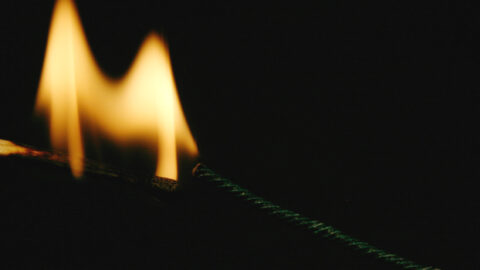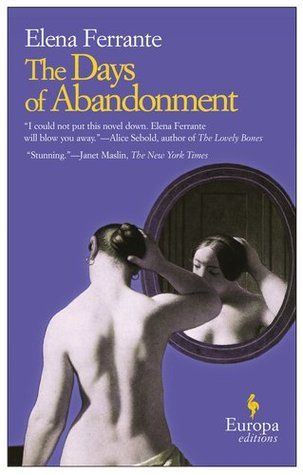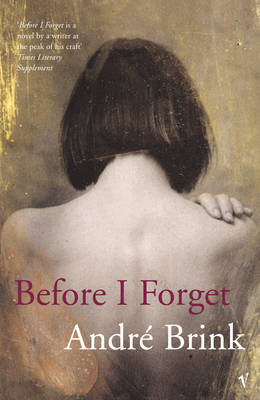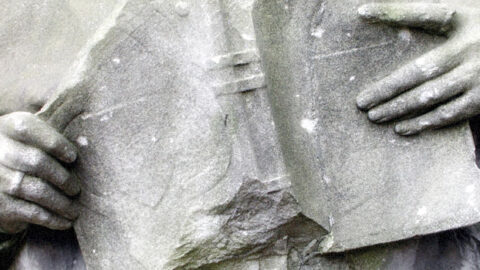Image credit: Shravan Krishnan.
In a recent interview with SG Magazine, Malaysian writer and resident of Singapore, Tash Aw, criticized Singapore’s lack of literary culture. Calling out the country’s educational system, Aw says, “the whole thing about writing requires you to question stuff in general. Not necessarily political things, but from a personal point of view. It needs you to question stuff that’s going on inside yourself. Very basic things, like family. That’s not something the Singaporean educational system encourages.” Aw goes on to point out the Singaporean peoples’ general disregard for literature and self-history, their emphasis on work and social standing, as well as other cultural ideas.
In defense of his country, though, Aw offers this: “I think Singapore is very creative, with great film-makers and visual artists. Literature is the one thing that’s lagging behind. The Great Singapore Novel isn’t going to happen for a long time, because to have any novel, let alone a great one, you need to be able to draw upon reserves of experience. If you’re going to rely on that post-’65 narrative, then Singapore is a young country. Somewhere like Britain has had hundreds of years.”




